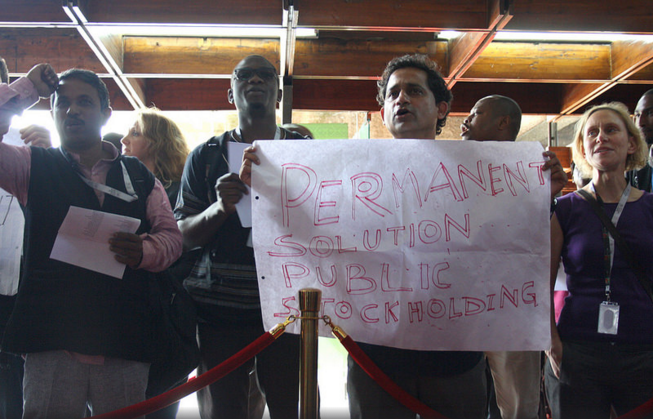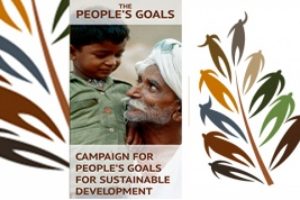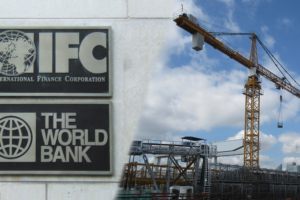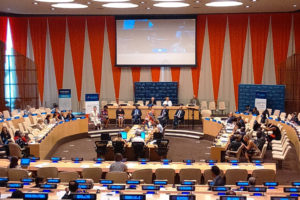[[{“type”:”media”,”view_mode”:”media_large”,”fid”:”1333″,”attributes”:{“alt”:””,”class”:”media-image”,”style”:”width: 350px; height: 225px; margin: 5px; float: right;”,”typeof”:”foaf:Image”}}]]NEWS RELEASE
US, EU attempts to kill the Doha Development Agenda (DDA) exposes WTO pretentions to‘support development,’ says activists
17 DECEMBER – Recent attempts of the United States (US), the European Union (EU) and other developed countries to put an end to the Doha Development Round (DDR) exposes the World Trade Organization’s (WTO) pretentious claims that it seeks to support development in the Global South, global activists said.
“The real reason developed countries want to kill the DDR is because they want to put ‘new issues’ into the table. And the only reason developing countries should try to reaffirm the DDR is to prevent these ‘new issues’ from being introduced into the WTO,” said Antonio Tujan Jr. of IBON International.
Launched in 2001, the Doha round of negotiations encompass issues that are important in addressing developing country concerns including agricultural trade, tariff and non-tariff barriers, industrial tariffs, and contentions over US and EU attempts to maintain subsidies for their own agricultural products.
Developed countries have earlier expressed strong opposition against including Doha commitments in the business of the post-Nairobi programme. Instead they underscore the need to address ‘21st century trade issues’ including the liberalization of government procurement, investments, competition policy, the privatization of state-owned industries, as well as the promotion of global value chains.
According to IBON International, implementing these ‘new issues’ would severely limit the capacity of developing countries to actualize national development policies and build up their own infant industries. The Southern-based think-thank also warned that these set of issues will expand WTO’s scope of work beyond traditional trade concerns.
“Introducing these ‘new issues’ into the negotiating table does not only signal the demise of the Doha round but also the death of development as we know it,” said Marjorie Pamintuan of the Asia-Pacific Research Network
“Despite innumerable commitments to sustainable development and climate change, expanding the WTO’s mandate will only exacerbate poverty, hunger and joblessness. This is tantamount to development regression,”she added.
‘Developing countries must stand their ground’
Amid enormous pressure from the US and EU to permanently abandon the Doha negotiations, global activists also urged developing countries to stand their ground in asserting their right to development right to food security.
“It is imperative for developing countries to stand their ground and assert their right to development and policy space to fulfill people’s rights including their right to food security. We also urge developing countries and their peoplesto oppose ‘new issues’ that will expand WTO’s neoliberal mandate beyond traditional trade concerns,” said Sylvia Mallari of the Asian Peasant Coalition and the Peoples Coalition for Food Sovereignty.
“The core objective of these so-called new issues’ is to maximize corporate power and minimize government regulation,” she added.
“Developing countries must not give in to US and EU intimidation. They must advance the people’s agenda for a people-centred trading regime that is based on solidarity and complementarity, not on market competition,” concluded Tujan. ###
For more information please contact:
Paul Quintos
pquintos@iboninternational.org
Telephone/ WhatsApp: +63 917 5490412
Jill Juma
Telephone number: +254702046321
Skype: jill.juma



